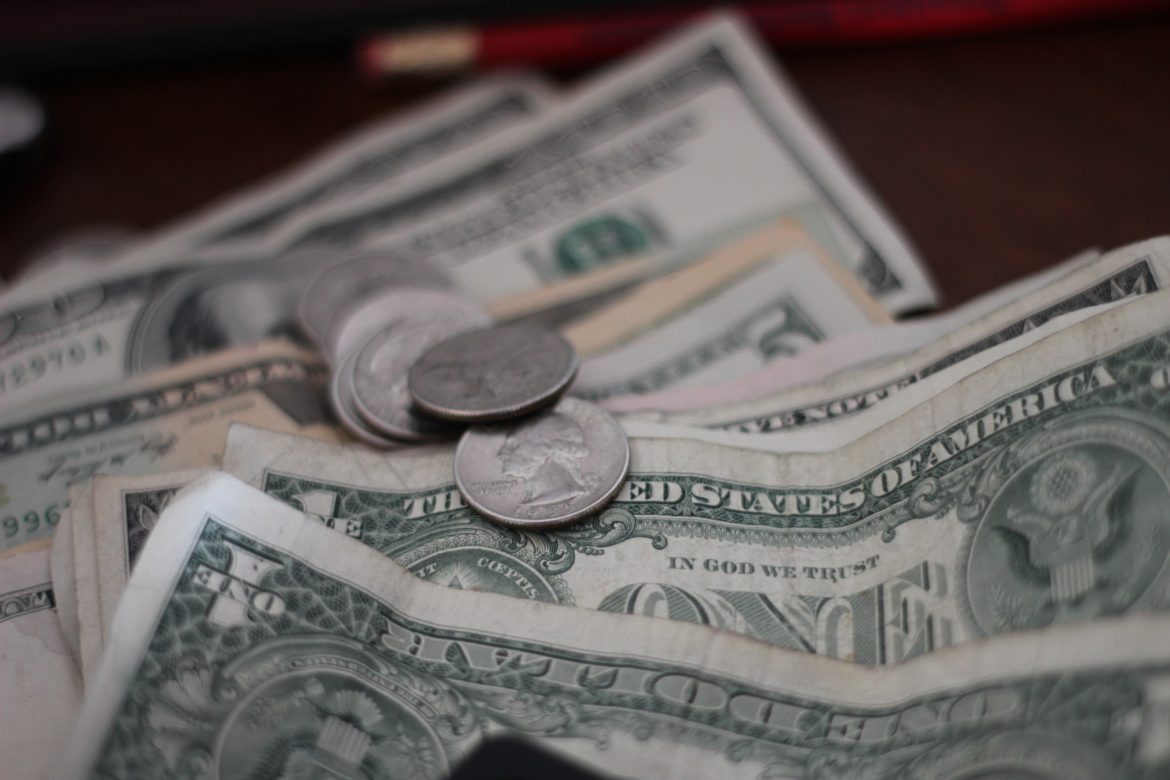How is marijuana taxed in California?
While the legalization of cannabis has done a lot for new and veteran consumers alike, one of the downsides for customers is they now have to factor in taxes when they buy weed. No more “$80 for a Q?” texts.
Like every legit industry, recreational cannabis sales are subject to taxes, and Big Bro California wants his cut. Just kidding, we love you California!
Cannabis is subject to the normal state sales tax on goods in CA. But there are also two other taxes specific to recreational cannabis sales: the excise tax and the local cannabis tax.
What does cannabis tax money go towards?
Upon hearing about these taxes, your first question is probably: so, where is my extra money going? In 2019-2020, California raised $635 million just from taxes on cannabis. After deducting the costs of research and regulations necessary to sustain the industry, the remainder paid for new roads, grants to public safety agencies and social workers, increased environmental protections, and park preservation. California was even able to reinvigorate a child welfare program that had been gutted during the Great Recession in 2008, giving vouchers to low-income families so 11,000 children could receive daycare at no cost to their parents.
So, in a way, every time you blaze, another kid gets to go to daycare. Now hold onto that good feeling, because next I’m gonna tell you how much you have to pay.
How much are California cannabis taxes?
Let’s begin with the excise tax, which is set at 15% of the subtotal on your purchase. Kind of steep, but easy, right? Wait, there’s more (there’s always more).
Next, the local tax is applied, which varies from city to city. California Prop 64 (the law that legalized and regulated marijuana in 2016) allows cities and towns which have a dispensary to set their own tax rate on cannabis, in addition to the state excise tax. Some jurisdictions do not have this tax, like San Francisco, while some have set a very high rate, like 15%. Each municipality is also allowed to decide whether they get to tax your subtotal before or after the excise tax is added.
Lastly, the subtotal of your purchase, plus the excise tax, plus the local tax, is then subject to the California state sales tax on most goods, which is 7.25% but can be more depending on your location.
Cannabis taxes breakdown:
Need it broken down? Let’s say you’re buying $100 worth of product in downtown Los Angeles, a city that has a local cannabis tax of 10% applied to the subtotal+excise tax, and a general sales tax of 9.5% . Here’s how Emjay would calculate your taxes:
Subtotal: $100.00
Excise Tax (15%): $15.00
Local Tax (10%): $11.50
Sales Tax (9.5%): $12.02
TOTAL: $138.52
Yes, check our math again. You would essentially pay the cost of another eighth in taxes alone.
Though steep, we must remember that our taxes towards recreational cannabis are paying for some really great things in California. Of course, if you feel the tax structure is unfair, then you should pick up the phone and call your representatives to let them know why.
Emjay adds no additional costs to your orders
While other delivery services and dispensaries may add additional fees to your purchase, Emjay only has you pay the required taxes. No delivery fees and no markups. You really can’t do better than that.
